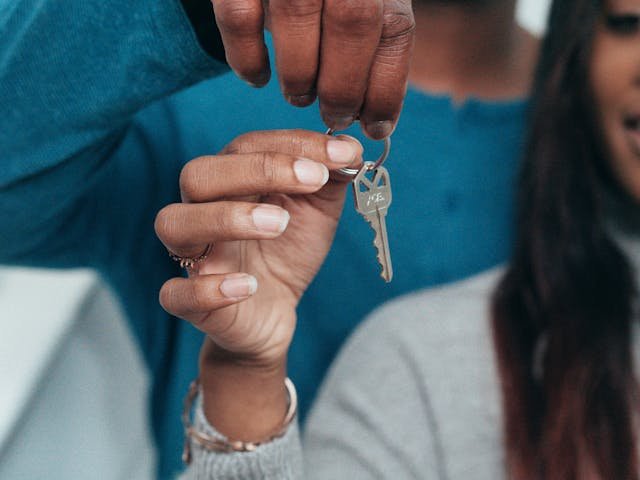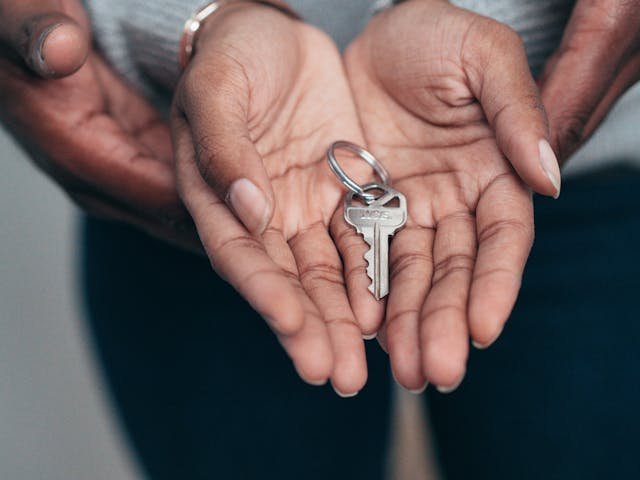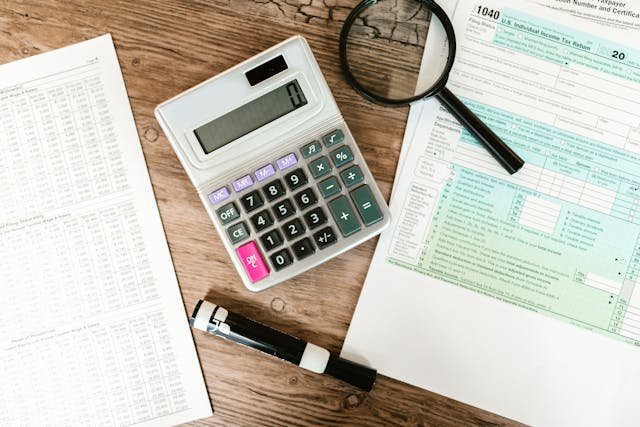
Owning or building a home in Nigeria is a dream for many, but this might be challenging when you don’t have the money. This is where mortgage banks step in, acting as a bridge between your aspirations and your own brick-and-mortar haven.
Contents
Understanding the Importance of Mortgages
For many Nigerians, purchasing a home represents a significant life goal. Mortgages are financial instruments that bridge the gap between a property’s purchase price and a buyer’s immediate funds. By taking out a mortgage, you borrow the remaining amount from a mortgage bank and repay it with interest over a pre-determined period, typically ranging from 15 to 30 years. Understanding mortgage options allows you to make informed decisions, plan your finances effectively, and ultimately achieve your dream of homeownership.
See>>> 70+ Mortgage Banks in Lagos
Types Of Mortgage Banks in Nigeria
Mortgage banks are specialized financial institutions that play an important role in facilitating homeownership by providing mortgage loans. There are two primary types of institutions offering mortgage loans in Nigeria:
1. Primary Mortgage institutions (PMIs)
These banks specialize in providing mortgage loans. They raise funds through deposits from individuals and corporations and then use those funds to offer mortgages to borrowers. You’ll find a comprehensive list of PMIs maintained by the Nigeria Deposit Insurance Corporation (NDIC) (List of Primary Mortgage Banks – NDIC). It can also be found on the Central Bank Of Nigeria website (CBN Primary Mortgage Institution). There are over 30 primary mortgage institutions in Nigeria.
Types of PMIs
PMIs can be further classified based on their operational license:
National PMBs: These banks have a national license and can operate throughout Nigeria.
State PMBs: These banks have a regional license and operate within a specific state or group of states. Examples are Jigawa Savings and Loans, Lagos Building and Investment, etc.
See>>>10+ Mortgage Banks in Abuja
2. Commercial Banks
Some commercial banks in Nigeria also offer mortgage products alongside their traditional banking services. Examples are Union Bank, United Bank For Africa (UBA) and so on.
Here’s a benefit of considering both PMIs and commercial banks:
- Competition: Having a wider range of lenders can potentially lead to more competitive interest rates and loan terms.
See>>> Own It Now: Top Mortgage Banks in Nigeria
Your Next Steps
With this knowledge, you can go on to find the perfect mortgage lender. Here are some steps to consider:
- Research individual mortgage banks: Look at their websites or visit branches to get details on their loan products, interest rates, and eligibility criteria.
- Compare loan options: Don’t settle for the first offer you receive. Get quotes from multiple lenders to find the most favourable terms.
- Consult a mortgage advisor: A qualified advisor can guide you through the application process and ensure you choose the right loan for your needs.
Choosing a Mortgage Bank
Here are some key considerations when selecting a mortgage bank:
- Interest Rates: Compare the interest rates offered by different banks. These rates can significantly impact your total loan repayment amount.
- Loan Products: Evaluate the types of mortgage loans offered by each bank. Consider factors like fixed vs. adjustable rates, loan terms, and prepayment penalties.
- Customer Service: Research the reputation of the bank’s customer service department. Ensure they provide clear communication and efficient loan processing.
See>>> Mortgages for Nigerians Abroad: Buying Property Back Home
Requirements for Mortgage Loans in Nigeria
To be eligible for a mortgage loan in Nigeria, you’ll need to meet specific criteria set by the mortgage bank. Here’s an overview of the common requirements:
- Minimum Age: You must be at least 21 years old and not exceed a certain age (usually 60) by the end of the mortgage term.
- Income and Employment: A steady source of income with a minimum employment period (often two years) is mandatory. You’ll need to provide proof of income through payslips or tax returns.
- Credit Score: Maintaining a good credit history demonstrates your ability to manage debt responsibly. Banks will assess your credit score to determine your loan eligibility and interest rate.
- Down Payment: Most lenders require a down payment, typically ranging from 10% to 30% of the property’s value. A higher down payment reduces the loan amount and potentially qualifies you for a better interest rate.
- Collateral or Guarantor: In some cases, the bank may require collateral (an asset used as security) or a guarantor (someone who agrees to repay the loan if you default) to mitigate risk.
See>>> Land For Sale In Nigeria
Documentation for Mortgage Application
The mortgage application process typically requires various documents, including:
- Completed mortgage application form
- Proof of identity (valid ID card, international passport)
- Proof of income (payslips, tax returns)
- Employment verification letter
- Bank statements for a specific period
- Property valuation report
- Title documents for the property
See>>> Free Mortgage Calculator Nigeria
How to Get a Mortgage Loan in Nigeria
Securing a mortgage loan involves a series of steps. Here’s a breakdown of the process:
- Research and Select a Mortgage Bank: Compare interest rates, loan products, and customer service offered by different banks.
- Pre-qualification: Before formally applying for a mortgage, consider getting pre-qualified. This process involves submitting basic financial information to a lender to receive an estimated loan amount you may qualify for. Pre-qualification allows you to determine your affordability range when searching for properties.
- Gather Required Documents: Ensure you have all the necessary documents listed earlier readily available to expedite the application process.
- Submit Mortgage Application: Once you have selected a bank and gathered your documents, formally submit your mortgage application. This may involve filling out forms, providing detailed financial information, and paying an application fee.
- Valuation and Verification: The bank will typically arrange for a valuation of the property you intend to purchase. They will also verify your employment and income details.
- Loan Approval and Disbursement: Upon successful verification and property valuation, the bank will assess your application for loan approval. If approved, you will receive the loan amount, which is often used to pay the seller directly.
Additional Tips:
- Improve Your Credit Score: Maintaining a good credit history significantly improves your chances of loan approval and can lead to lower interest rates.
- Save for a Down Payment: Saving a substantial down payment demonstrates financial commitment and reduces your loan amount, lowering your overall borrowing costs.
- Negotiate Interest Rates: Don’t be afraid to negotiate interest rates with the mortgage bank.
- Seek Professional Advice: Consulting a financial advisor can be beneficial, especially for first-time homebuyers, to navigate the complexities of the mortgage application process and secure the best loan options.
Conclusion
Understanding mortgage loans empowers informed decision-making as you go on your homeownership journey. This guide has provided a roadmap to go through the process in Nigeria. Remember, thorough research, meticulous preparation, and potentially seeking professional advice can significantly increase your chances of obtaining a favourable mortgage loan.
- Follow me on TikTok for quick tips and behind-the-scenes tours
- Subscribe to my YouTube channel for in-depth videos and property showcases
- Follow me on Facebook for updates, listings, and real estate advice





Leave a Reply